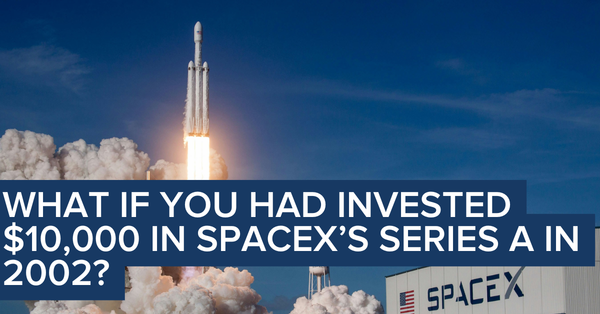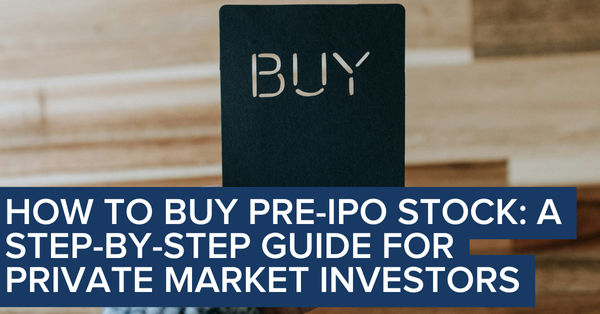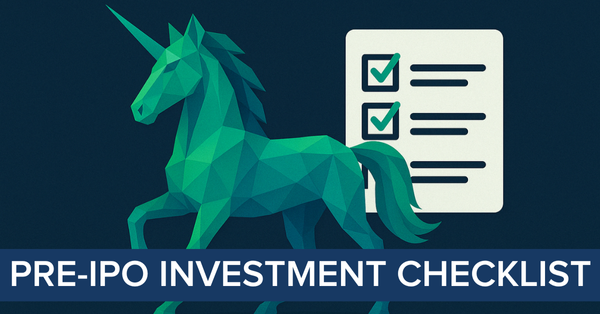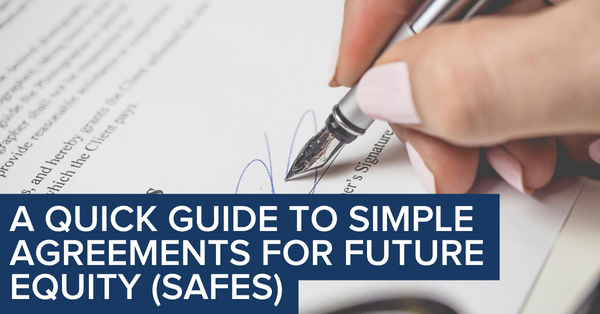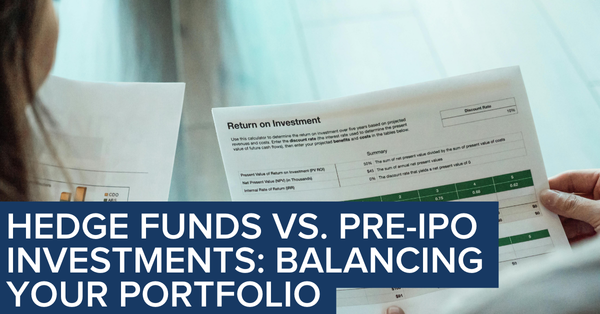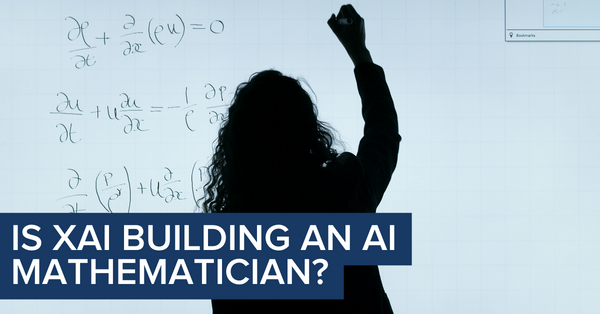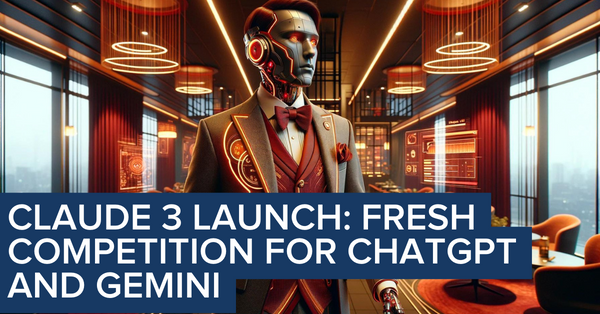Everything we know about Elon Musk's anticipated $1 billion fundraising for his xAI artificial intelligence startup

Introduction
Elon Musk isn’t new to the realm of disruptive technology, taking part in numerous well-known startups, like PayPal, Tesla, and OpenAI. After an unsuccessful bid to take over the management of OpenAI, Elon Musk opened his own artificial intelligence startup, xAI.
xAI was founded on March 9, 2023, and is headquartered in San Francisco, California. Since its inception, xAI has taken on a strategic mission to understand the universe, with the company’s first objective to create an AI model with advanced mathematical reasoning, a trait many current models lack. This model, named Grok, was unveiled on November 4, 2023, and was made available to X’s Premium+ subscribers in early December 2023.
xAI has already raised $134.7 million in outside funding and is now gearing up for the next round of capital. In this article, we’ll cover everything we know about the upcoming fundraise, giving you the information needed to decide if xAI might be your next investment.
xAI Mission and Purpose
Despite being founded on March 9, xAI wasn’t formally announced until July 12, 2023, which in numerical form totals 42. Elon Musk chose this date because of the link to the book The Hitchhiker's Guide to the Galaxy. In this book, a supercomputer uncovers the answer to the ultimate question of life and the universe, which all traces back to the number 42. In addition, the goal of this supercomputer was to understand the universe.
Musk’s xAI artificial intelligence lab looks to take on the same mission, which is to find the true nature of the universe through accelerating human scientific discovery. xAI starts its work toward this mission statement with an emphasis on AI for advanced mathematical reasoning.
xAI is accomplishing these goals by developing AI products, like Grok, and contributing to widely used methods in the AI industry, such as the Adam Optimizer, Batch Normalization, Layer Normalization, and adversarial examples. Additionally, xAI has already pioneered developments in the field, including AlphaStar, AlphaCode, Minerva, GPT-3.5, and GPT-4.
xAI’s Leadership and Team
The team at xAI is composed of experts from numerous industries and backgrounds, from former engineers to scientists. For one, there is Elon Musk, who co-founded OpenAI, the company behind ChatGPT, and acts as the current CEO of Tesla and SpaceX. Here’s a snapshot of the talent at xAI:
- Igor Babuschkin - Former engineer at Google’s DeepMind
- Tony Wu - Former engineer at Google
- Christian Szegedy - Former research scientist at Google
- Greg Yang - Former researcher at Microsoft
- Kyle Kosic - Former engineer at OpenAI and software engineer for OnScale
- Manuel Kroiss - Former engineer at Google’s DeepMind
- Zihang Dai - Former research scientist at Google
- Toby Pohlen - Former engineer at Google
- Christian Szegedy - Former scientist at Google
- Guodong Zhang - Former scientist at Google’s Deepmind
- Jimmy Ba - Assistant professor at the University of Toronto, who studied under Geoffrey Hinton
- Ross Nordeen - Former program manager at Tesla
Collectively, xAI’s leadership and team have decades of experience, leading some of the largest breakthroughs in the artificial intelligence sector. The entire team is overseen by Dan Hendrycks, a machine learning researcher with previous experience as the director of the Center for A.I. Safety.
xAI & Elon Musk’s Early Products and Research in AI
Despite being formed less than a year ago, xAI’s team already has their first release slated. Grok is an AI model intended to answer all questions using real-time knowledge from the X platform. Grok goes beyond the traditional AI chatbot, answering explicit and unconventional questions that other platforms block. The team behind Grok describes the program as “maximally curious.”

Grok is powered by Grok-1, xAI’s large language model that scored 63.2% on the HumanEval coding task and 73% in Massive Multitask Language Understanding (MMLU). In addition to these two metrics, the team at xAI evaluates Grok’s ability by using GSM8k (middle school math problems) and MATH (middle school and high school math problems written in LaTeX).
While developing Grok, xAI’s team kept their mission statement in mind. The goal of Grok is to benefit all humanity, without excluding groups based on politics, geographic location, or demographics. This inclusivity allows anyone to gain access to information, come up with new ideas, and process data.
xAI plans to utilize the same foundational research components when building new AI models. For one, xAI products are designed with the general public’s input. Even in the trial phase of Grok, xAI is gathering feedback from real users. xAI lists other foundational research components, including long-context understanding and retrieval, multimodal capabilities, adversarial robustness, and formal verification.
Fundraising Plans for xAI and Equity Offering for Private Investors
Elon Musk is reportedly looking to raise $6 billion for xAI, with $1 billion in equity financing already authorized by the Securities and Exchange Commission (SEC). To date, the company has raised $134.7 million from private sources. With the release of the beta version of Grok, xAI looks to position itself as an attractive tech startup. Just recently, xAI’s competitor, OpenAI, raised $10 billion from primary backer Microsoft.
With xAI’s most recent valuation expected to be around $15 to $20 billion, the company is hopeful to reach the initial $1 billion goal. Musk did shoot down recent reports that he had already secured $500 million, or 50%, of his $1 billion goal.
Due to the large amount of capital xAI is looking for, large institutional investors will be the primary target. xAI isn’t a public company, meaning equity shares cannot be purchased on a regular exchange. Instead, the company is seeking large, private capital infusions, through wealthy friends, venture funds, and possibly sovereign wealth funds from the Middle East and Asia.
Expected Use of Funds Raised for xAI
Although $1 billion in potential raised capital seems excessive, the realm of artificial intelligence is relatively new and the tools needed to grow an AI startup, namely specialized computer power, are quite expensive. xAI plans to use the initial $1 billion in equity financing to further develop Grok and other models.
AI experts have weighed in on the potential use of these funds, including developing infrastructure to control all elements involved in the AI system, from the LLM software to the computing hardware.
Furthermore, another potential use of funds could go to building a data center, or paying for services provided by existing data centers by Alphabet, Amazon, and Microsoft. Undoubtedly, a portion of the funds raised in xAI will go to building up manpower by bringing on more engineers and researchers. AI development will be at the foundation of capital deployment.
Elon Musk's Plan for Artificial Intelligence, xAI and Historical Context
Elon Musk isn’t new to the realm of artificial intelligence. In 2004, Musk joined Tesla, an electric vehicle company, as the CEO. There, he’s been a proponent of using AI to aid autonomous driving and support his Tesla Bot initiatives.
Throughout these endeavors, Elon Musk expressed his concerns about the risk AI could create if it becomes insufficiently controlled. Musk tried to stop Google from acquiring DeepMind, worried that the purchase would create a monopoly in AI. As a result, Musk began taking matters into his own hands, helping launch OpenAI in 2015.
The participation of Musk in OpenAI was short-lived, as he left in 2018. Publically, Elon Musk left OpenAI due to a conflict with his position at Tesla. However, there were founder disagreements, with Musk unhappy with how OpenAI was performing compared to Google. Musk offered to take control of OpenAI and run it himself, which was denied by the other founders.
OpenAI, from non-profit to 'maximum-profit'
Just recently, OpenAI decided to make the switch to a for-profit company. Elon Musk voiced his frustration, describing that OpenAI was formed to be a counterweight to Google and is now being swayed by its largest investor, Microsoft. The current actions of OpenAI are not how Musk intended the company to be run when he co-founded it.
Today, Elon Musk focuses on making artificial intelligence accessible to all, which is apparent in his social media platform X and his AI firm, xAI. Musk infuses ethical artificial intelligence into all of these ventures, looking to leverage xAI to generate a system based on truth, reason, and problem-solving.
The Need for a Balanced and Truth-seeking AI
Elon Musk has retained a consistent image of what he wants the future of AI to look like. Universal access, no monopolies, trustworthy sources, and non-biased LLM results are a few of Musk’s main concerns when it comes to paving the way for AI with xAI.
The Need for Truth in AI & Google Gemini’s Flop
Due to these roots, Elon Musk coins xAI as creating the “TruthGPT,” an unbiased alternative to ChatGPT. The actions of xAI aren’t the only proactive steps Elon Musk is taking to infuse ethics into AI. In fact, Musk, along with several other researchers, signed an open letter that urges companies to pause large-scale AI experiments, citing that the industry is still in its infancy.
Elon Musk recently criticized Google's Gemini AI, labeling its AI image generation as "insane" and "anti-civilizational" due to historically inaccurate images. He expressed concerns on X, highlighting Google's programming issues. Google has since paused Gemini's image-generation capabilities to address these inaccuracies
Researchers, developers, and AI companies still don’t know the full impact AI will have on both consumers and businesses. With only large players, like Alphabet and Microsoft, xAI has the power to change the playing field, taking away from balance and truth-seeking.
Investor Demand and Interest
Investor demand in artificial intelligence companies has skyrocketed over the past year. In fact, the artificial intelligence sector is expected to grow from $40 billion in 2022 to $1.3 trillion by 2032. Crunchcase reports $50 billion in global funding to AI startups during 2023, with OpenAI, Anthropic, and Inflection AI raising a cumulative amount of $18 billion in 2023 alone.
xAI is also piquing investor interest, with Elon Musk holding conferences with many large investors in early 2024. Although no formal equity financing agreements have been solidified, xAI is taking the necessary steps to reach its fundraising goal of $1 billion by the end of 2024.
How You Can Invest in xAI
When it comes to investing in xAI, it’s about who you know. xAI is a private company. Ultra-wealthy and connected investors will have the first pick at an equity share in xAI. There are a few different strategies you can take to stay in the loop with xAI investing. First, have investments in VC firms that heavily invest in AI.
Those who know Elon Musk or have close affiliates will be offered the first spots as equity investors. Knowing someone with a close connection can give you a foot in the door.
Even if you don’t have any close contacts with Elon and the company, you can find a secondary market or broker, like UpMarket, to sell you private shares.
Risks and Benefits of Investing in an Early-Stage Company
Investing in any startup does have its risks, especially in an industry that has large market players. For one, artificial intelligence is a relatively new sector, with minimal regulations in place. With the ethical, social, and legal issues that arise from LLMs and chatbots, new government legislation is expected to be passed in the upcoming years.
Moreover, companies that can patent certain infrastructure will be more successful than those who don’t. The ability to secure a patent or trademark can solidify a company as a major market player. As more companies uncover the powers of artificial intelligence, there will be infringement lawsuits and obstacles that xAI will need to overcome.
Despite these risks, investing in early-stage companies, like xAI, can have serious upside potential. First, startup investments can help you diversify your portfolio. Another advantage of investing in early-stage companies is the positive impact. By backing companies that have a strategic mission of inclusivity, like xAI, you are making a difference with your investment, while opening the door to potentially large returns.
Recent Headlines for xAI
As xAI prepares to take the AI market by storm, here’s what the company has been up to:
- Grok moves to the beta phase, with select users demoing the software.
- Developers and researchers continue to make adjustments to xAI’s LLM.
- xAI added four new team members.
- xAI continues to develop PromptIDE, an integrated development environment for prompt engineering and interpretability research.
Conclusion
xAI’s unique take on the artificial intelligence industry is bound to have an impact, both technologically and ethically, especially with Elon Musk at the helm. Elon Musk already has a brand image of innovation, which trickles down into xAI.
As xAI continues to make advancements in the artificial intelligence realm, their need for capital will subsequently increase. In the upcoming years, we would expect xAI to make strides towards their targeted +$1 billion in raised funds.
If you want to invest in xAI and you are an accredited investor, we encourage you to contact the UpMarket team at invest@upmarket.co to inquire about availability and pricing.
About UpMarket
UpMarket's mission is to unlock the private markets for individual investors.
We provide access to a range of asset classes and investment strategies that span private equity, hedge funds, crypto, real estate, and other alternative assets.
The problem
- A large barrier to entry due to high investment minimums
- Time-intensive because sourcing deals is a lot of work even if you’ve got a great network, and
- Costly because of investment-related diligence costs, paperwork, and legal fees
The solution
- Offering lower investment minimums
- Sourcing and conducting diligence on opportunities for investors, empowering them to pick and choose from pre-screened opportunities
- Making the investment process entirely digital, straightforward, and easy to manage from a single portal

